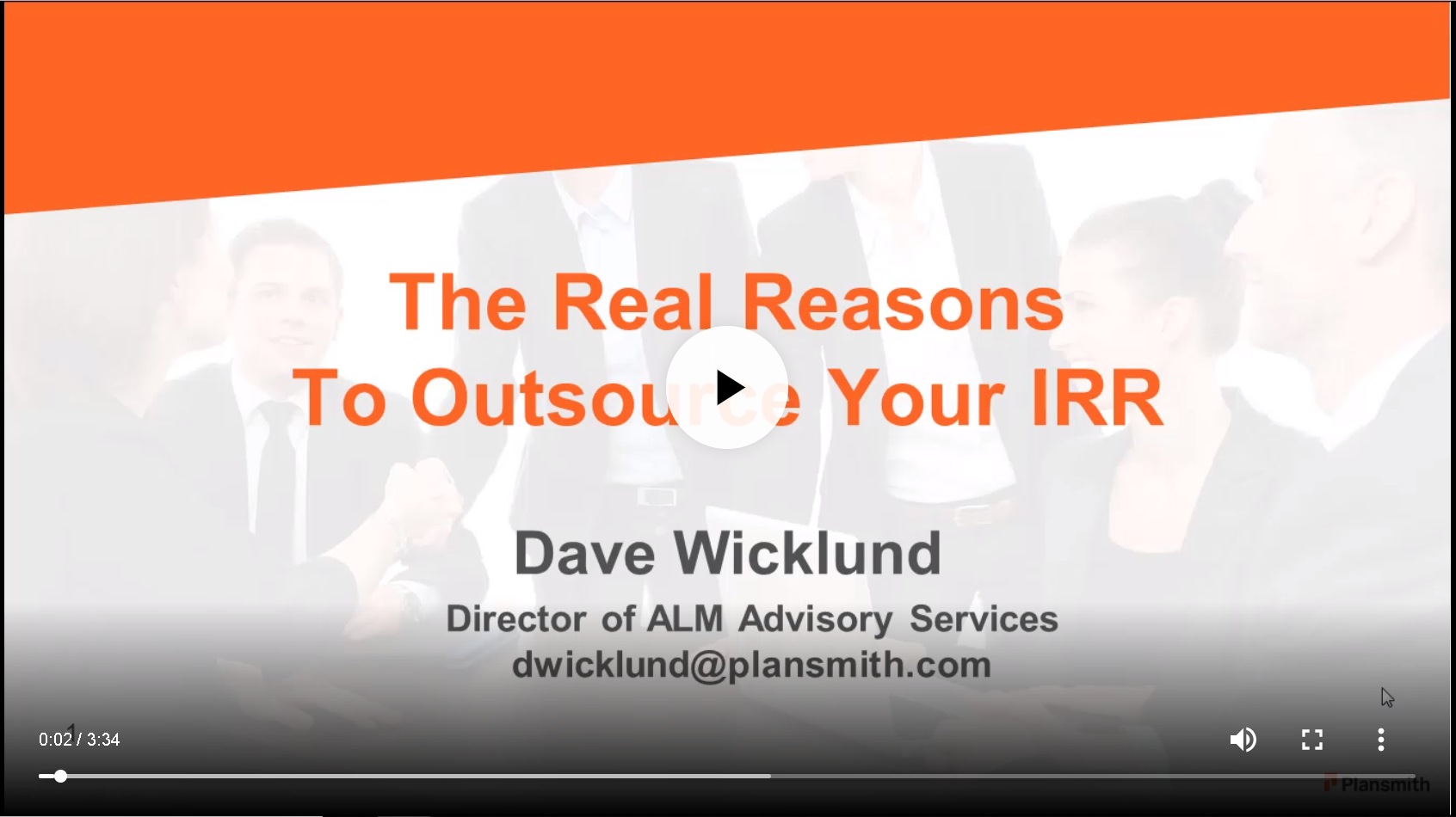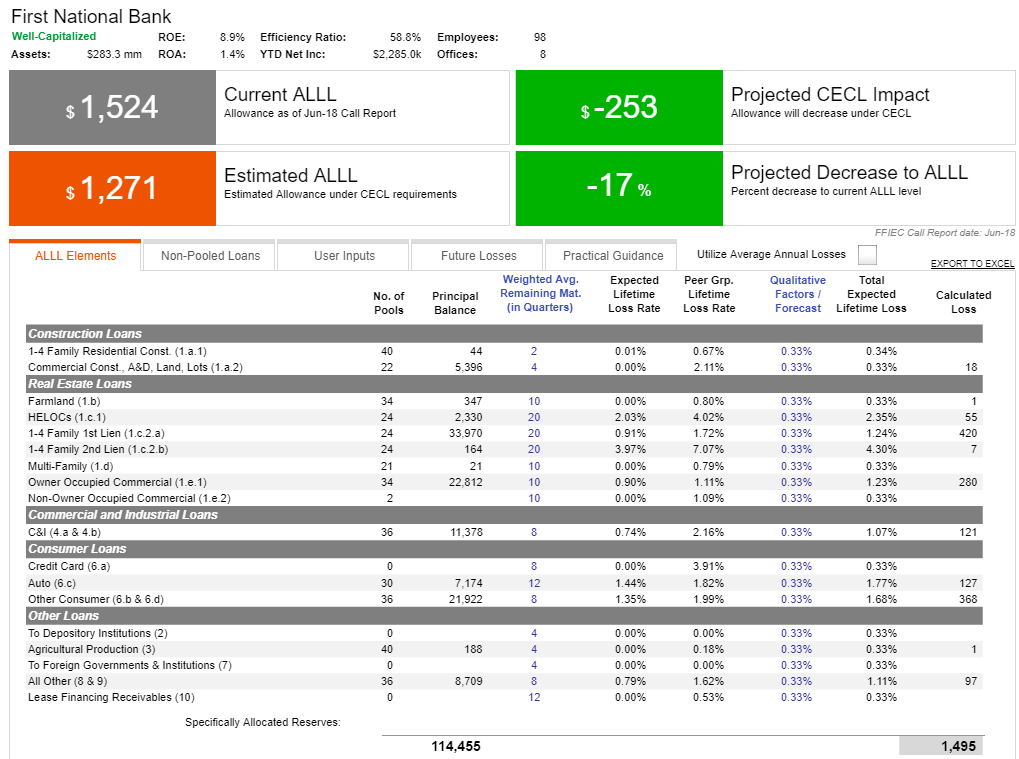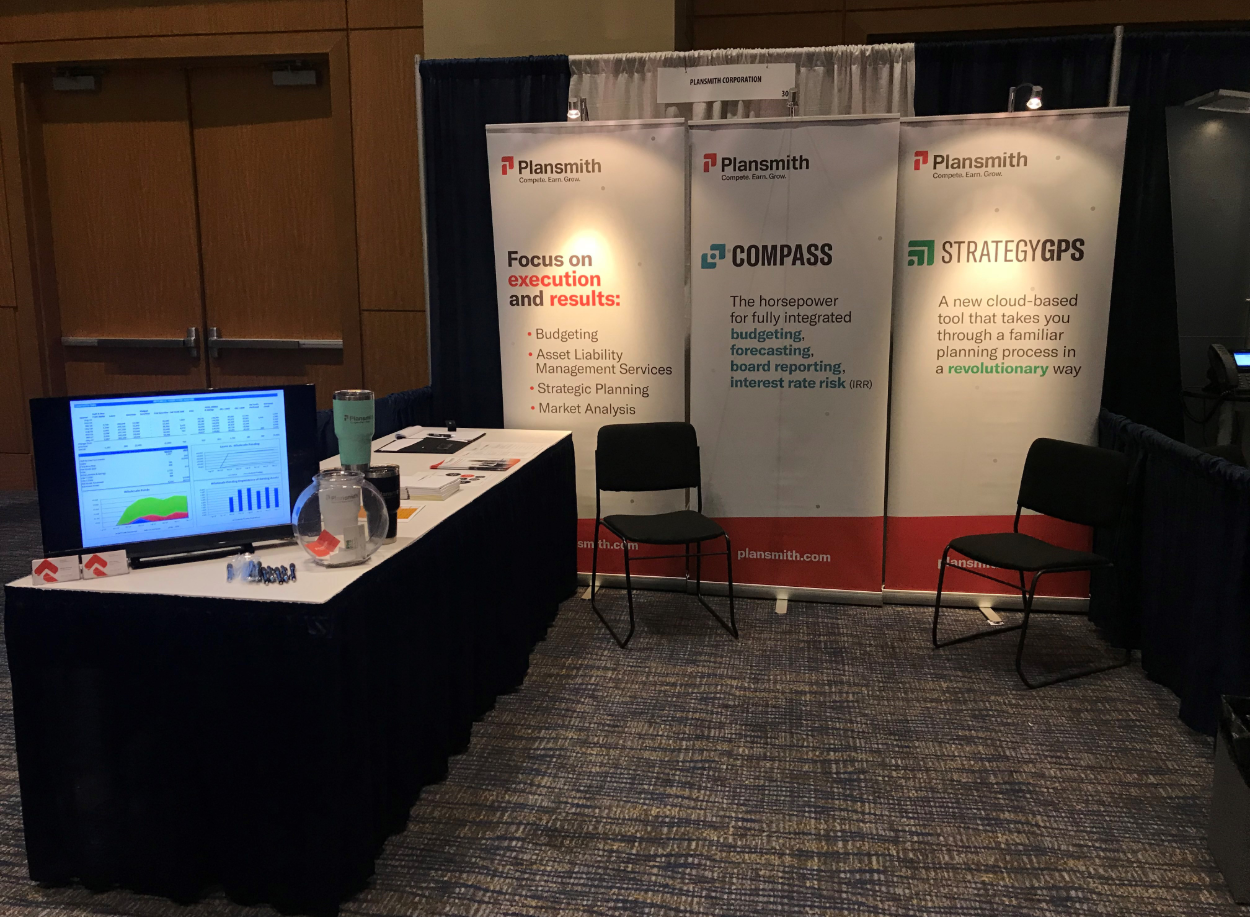As you grow, your organization has more and more things to manage.
- Strategically, you’re working to find the right markets to penetrate with the ideal products and services.
- Financially, you’re making sure your earnings are meeting or exceeding targets.
- And organizationally, you’re looking for the right talent to expand and grow.
One thing you can’t ignore is the role Interest Rate Risk plays in the banking industry today.










